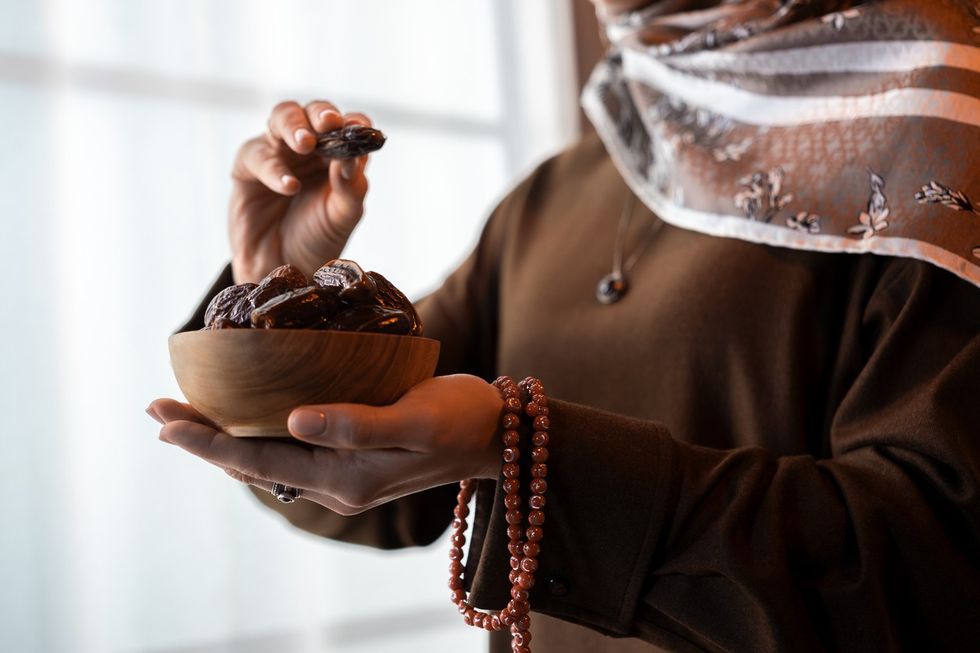INDIA reported a further decline in new coronavirus cases on Monday (17), but daily deaths remained above 4,000 and experts said the count was unreliable due to a lack of testing in rural areas where the virus is spreading fast.
For months now, nowhere in the world has been hit harder than India by the pandemic, as a new strain of the virus fuelled a surge in infections that has risen to more than 400,000 daily.
Even with a downturn over the past few days, experts said there was no certainty that infections had peaked, with alarm growing both at home and abroad over the highly contagious B.1.617 variant first found in India.
"There are still many parts of the country which have not yet experienced the peak, they are still going up," World Health Organization's chief scientist Soumya Swaminathan was quoted as saying in the Hindu newspaper.
Swaminathan pointed to the "very high" national positivity rate, at about 20 per cent of tests conducted, as a sign that there could be worse to come.
"Testing is still inadequate in a large number of states. And when you see high test positivity rates, clearly we are not testing enough.
"And so the absolute numbers actually don't mean anything when they are taken just by themselves; they have to be taken in the context of how much testing is done, and test positivity rate."
Having begun to decline last week, new infections over the past 24 hours were put at 281,386 by the health ministry on Monday (17), dropping below 300,000 for the first time since April 21. The daily death count stood at 4,106.
At the current rate India's total caseload since the pandemic struck a year ago should pass the 25 million mark in the next couple of days. Total deaths were put at 274,390.
It is widely accepted that the official figures grossly underestimate the real impact of the second wave, with some experts saying actual infections and deaths could be five to 10 times higher.
Rural India hit
Whereas the first wave of the epidemic in India, which peaked in September, was largely concentrated in urban areas, where testing was introduced faster, the second wave that erupted in February is rampaging through rural towns and villages, where about two-thirds of the country's 1.35 billion people live, and testing in those places is very patchy.
"This drop in confirmed Covid cases in India is an illusion," S. Vincent Rajkumar, a professor of medicine at the Mayo Clinic in the United States, said on Twitter.
"First, due to limited testing, the total number of cases is a huge underestimate. Second, confirmed cases can only occur where you can confirm: the urban areas. Rural areas are not getting counted."
While lockdowns have helped limit cases in parts of the country hit during an initial surge of infections in February and April, such as Maharashtra and Delhi, rural areas and some states are dealing with fresh surges.
The government issued detailed guidelines on Sunday (16) for monitoring Covid-19 cases, with the health ministry asking villages to look out for people with flu-like illness and get them tested for Covid-19.
Modi has come under fire for his messaging to the public, a decision to leave key decisions on lockdowns to states, and the slow rollout of an immunisation campaign in the world's biggest vaccine producer.
India has fully vaccinated just over 40.4 million people, or 2.9 per cent of its population.






 Big Bear Lake, CaliforniaiStock
Big Bear Lake, CaliforniaiStock Las Vegas strip in Nevadaistock
Las Vegas strip in Nevadaistock Skyline, TampaiStock
Skyline, TampaiStock Mayan ruins of Altun HaiStock
Mayan ruins of Altun HaiStock Cancun beachiStock
Cancun beachiStock Old San Juan’s cobblestone streetsiStock
Old San Juan’s cobblestone streetsiStock Old Port of Montreal iStock
Old Port of Montreal iStock











 Stricter regulations will be put in place to safeguard young consumersiStock
Stricter regulations will be put in place to safeguard young consumersiStock




